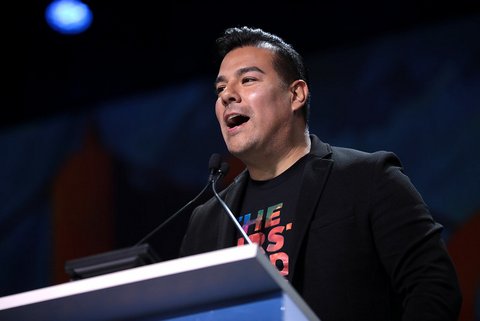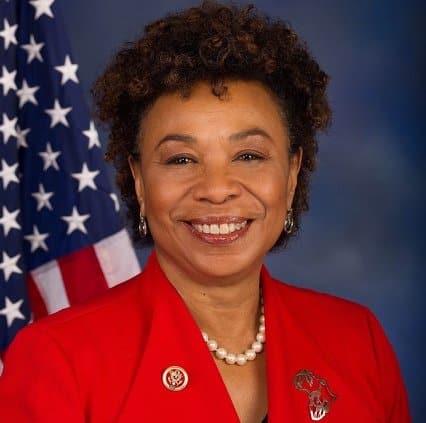
11 Aug Benefitting from Mad City Money

By Lee Vides
In high school, I learned some financial literacy skills, like how interest works, how to fill out tax paperwork, and how insurance can cover different things. I spent about half a school year learning about these things, but, naturally, I forgot some of them. At home, I learned how to save not because I was told to, but because I’ve learned through experience that it’s a smart idea.
My parents rarely give me money, so most of my income is from occasionally writing stories for The CC Pulse. Now I’m 18, I’m trying to save for college and move out of my parents’ house while also helping them pay off some of their debt. That means I try to avoid spending money on anything pricey and I always prioritize what I want and need.
Although I did have some financial literacy, I felt it wasn’t enough to help get me by in life, so that’s why I went to the Mad City Money Young Adult Financial Boot Camp, a presentation that teaches people ages 14 to 24 how to keep from overspending. It was held at the East Bay Performing Arts Center on July 31. The three-hour event hosted by Travis Credit Union was free.
The seminar taught me about things like credit scores and how to write a check, but most importantly, it taught me about the importance of saving money in case of emergencies or my future retirement.
Each of the roughly 50 people who attended was given a temporary identity with a job, salary, debt, and kids. We then went around the room to the different merchants in the “Mad City” to choose things like transportation and housing and other things that we needed. Surprisingly a lot of people went bankrupt. Only I and one other person actually met our savings goal.
We learned about something called the 50-30-20 rule. Simply put, it means to spend 50% on your needs, 30% on your wants and put the last 20% into savings.
Learning this rule helped because, even though I try to be smart with my money, I never really thought about saving for my future. Retirement never really crossed my mind and neither did emergencies. Following the 50-30-20 rule will help me prepare for what’s to come.
The information presented in the seminar was simplified, broken down into sections so it was easier to understand and the activities helped me remember what I learned.
Unfortunately, not everyone has the time to attend these seminars, but one major takeaway is keeping track of what you spend your money on and budget wisely.
Track every dollar you spend, how much items were, and where you bought them. Whether it’s on clothes, food, or even toll for the bridge, knowing where your money goes each month will help you find areas where you can save. Budgeting will help you plan ahead so you have enough money at the end of the week or month. You can spend your leftover money on yourself or put it into savings.
Teens need to know more about financial literacy. While I did learn it in school, it was given to me at the very end. I wish we had spent more time regularly learning about personal finance, as there are still many other teens who don’t even know how to do their taxes and other important financial skills.
Re-learning about the importance of budgeting — and how to do it — will surely help me in the long run and help keep me out of financial dilemmas.
It will allow me to plan ahead so I can live the life I want with financial freedom.
For more information on Mad City Money, traviscu.org/seminars/mad-city-money.






No Comments